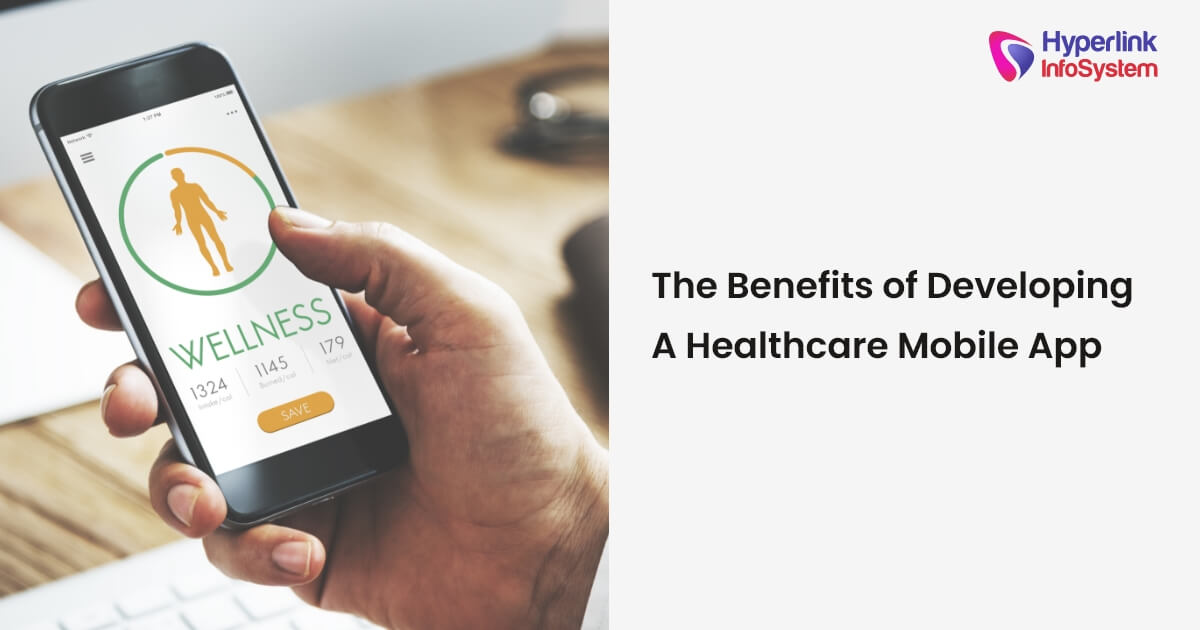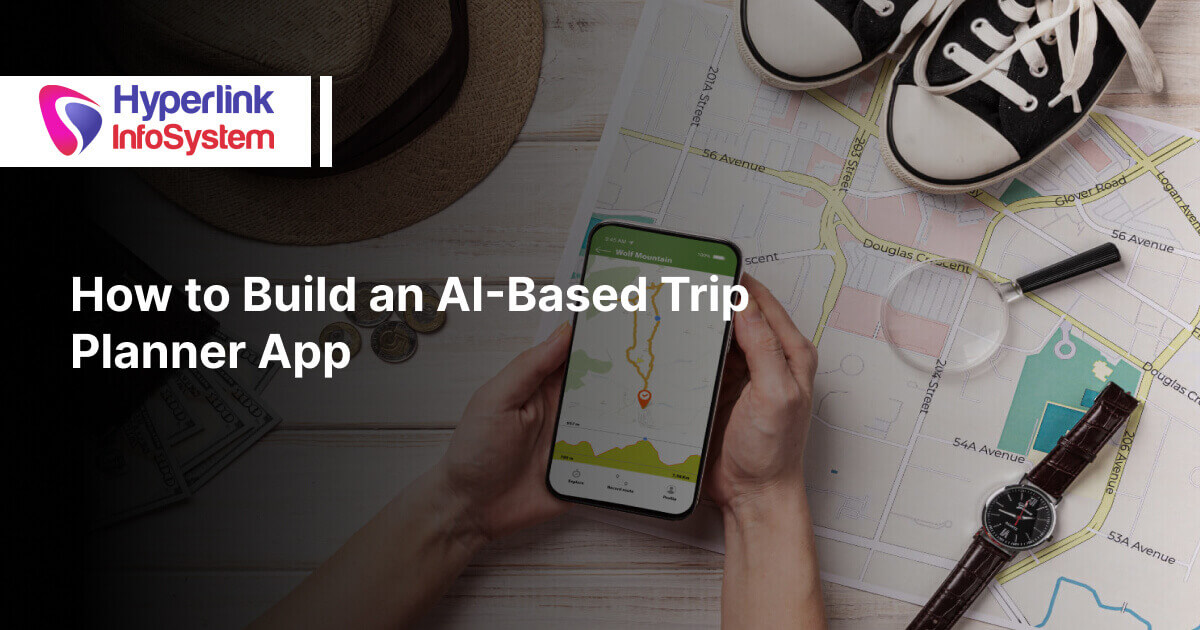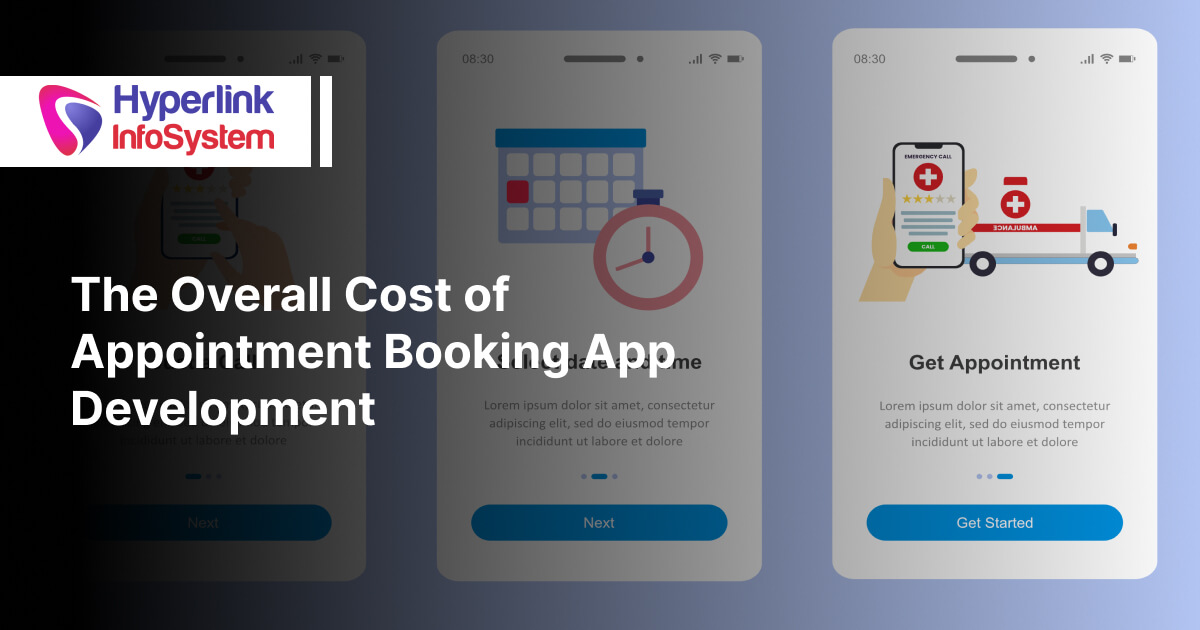Table of content:
• Introduction
• Improve your health with healthcare apps
• Essential technologies to integrate in healthcare apps
• Benefits of Healthcare apps to doctors
• Launching a healthcare start-up
• Conclusion
Introduction
With the help of medical apps, users can self-administer prescribed rehabilitation by watching short videos and following dietary guidelines. The digital training platform, created by the German company Vivira, for example, helps clients with orthopedic problems exercise at any time. Another highlight of the development is monitoring progress throughout the entire rehabilitation.
Online communication apps are especially important for people with serious medical conditions. For example, diabetic patients can immediately send their glucose readings to therapists. Platforms like these also provide ongoing care for patients with blood pressure, cancer and chronic diseases. Thus, crisis situations can be prevented in time or the treatment plan can be adjusted.
Improve your health with healthcare apps
Mobile healthcare allows you to receive qualified care and not waste time standing in lines. A platform called Doctor on Demand is an example of a high-quality implementation of online consulting services. It is important that with the help of the service, before the examination, doctors thoroughly study the history of the disease. Therefore, there is no need to worry about the accuracy of the diagnosis and the quality of treatment. Here is a list of the most common apps specially designed for doctors:
• Healthcare reference applications and database applications that store information related to medicines and prescriptions.
• Professional networking applications designed to build an expert community.
• Telehealth mobile or physician-on-demand apps that enable online medical consultations with general practitioners and specialists.
• Health tracking apps for patients and doctors with access to tests and important files.
• Doctor appointment and clinical care apps to notify patients of schedule changes.
Essential technologies to integrate in healthcare apps
The development of medical applications is unthinkable without the use of advanced technologies. First of all, you should focus on quick accessibility and functionality. It is equally important to establish communication between clients and therapists, and also within the group of professionals.
We've prepared five medical app development trends for you that have breathed new life into the medical industry by successfully merging healthcare with the digital environment. So, let's dive deeper into their core features and benefits.
1. Cloud solutions
Private and public cloud solutions are ideal for data storage. All interested parties can quickly verify and share data using the cloud because electronic health records and electronic medical records are located in one place.
2. Internet of things
Sensors and devices collect data and transmit information that is necessary to track customer well-being. What's more, healthcare application development would be incomplete without IIoT, as it automates workflows so you can effectively manage time.
3. Artificial intelligence
AI is one of the cutting-edge trends in application development. The main reason to consider AI adoption is to reduce additional costs. And secondly, with the help of technology, even complex operations can be carried out without the presence of clients.
4. Big data and analytics applications
These services process information related to patients and preserve medical records, analyzing statistics in depth to predict the flow of patients. As a result, given the available data, clinicians are able to suggest the most effective treatments.
5. Distribution of applications with the help of insurance companies
Insurance companies are becoming one of the main distribution channels for healthcare applications. They can also be considered potential clients of development companies creating health apps for android.
Benefits of Healthcare apps to doctors
Why are some medical applications popular with both patients and doctors, while others are not? The point is, the best products include all the features that users need. Let's take a look at what makes medical apps popular.
1) Improving patient care
Mobile applications allow doctors to monitor the health of patients, even if they are far away (for example, going on a business trip out of town, you will still be in touch with the doctor). Doctors can help patients without a personal visit, which saves time and allows patients not to waste energy on visiting the clinic, but to focus on recovery.
2) Accelerated diagnostics
Thanks to the many different sensors on modern smartphones and wearable devices, patients can share health-related data with doctors, making diagnosis easier, faster and more accurate.
3) Convenient data processing
Maintaining patient records in electronic form greatly simplifies the work with patient data, allows, if necessary, to exchange information with other attending physicians.
4) Remote treatment of patients
Social distancing has become of great importance since humanity is faced with a new virus. Remote care allows you to see patients faster while avoiding queues and unnecessary social contacts.
Launching a healthcare start-up
There are many nuances to consider when creating a mobile application. We have compiled a list of important steps that will help you go the right way and avoid a number of mistakes.
• Define your target audience
Understanding who you are building your application for is an equally important step. When analyzing a region's market, it is important to consider its geographic characteristics, highlight demographic segments and understand the preferences and problems of potential users. The application must cover the needs of the target audience, otherwise it will fail.
• Select the type of application
Marketing research will help you find out which application will be most in demand in a particular region. Do not ignore market research, without analyzing it, you will not know what users need and you can create an application for which there will be no demand.
• Think over UI / UX design
Attractive design is important for any application, but the visual is not the only thing to consider. A stylish user interface should be combined with functionality and ease of use to provide a good user experience.
• Start developing your application.
All important points have been considered and worked out, now you can start creating. We recommend starting with the MVP. It will contain only the basic functions, but you will be able to assess the viability of the product with minimal investment.
Conclusion
The development of a medical application is a process in which many specialists are involved and this is not only a development team, but also business consultants, medical professionals, and marketers. Only joint work and understanding of the goal that needs to be achieved will help create a high-quality and demanded product.
 +1 309 791 4105
+1 309 791 4105




















































 +91 8000 161161
+91 8000 161161
